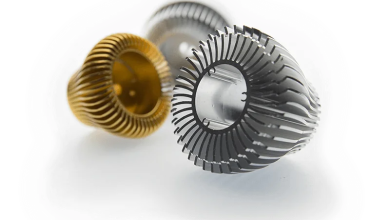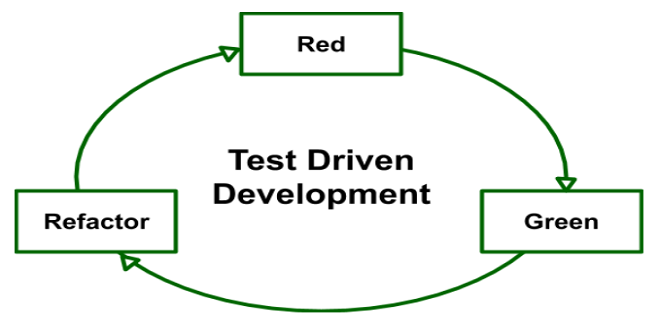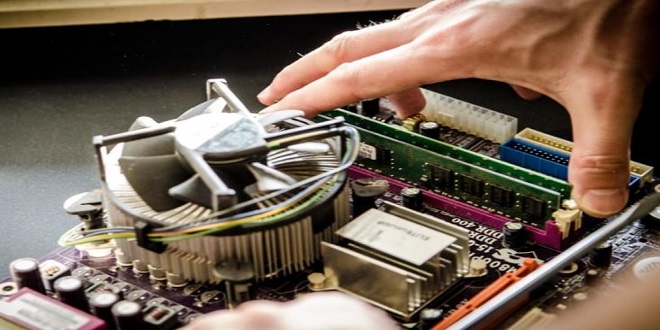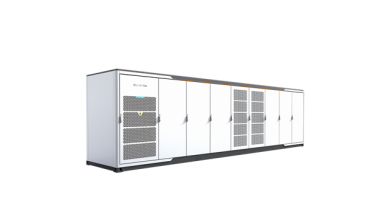Why residential energy storage is the future of sustainable living

Are you tired of constantly worrying about your energy bills and the impact you’re having on the environment? Well, it’s time to say goodbye to those worries because FOXTHEON residential energy storage is here to revolutionize sustainable living. With advancements in technology, homeowners can now store excess energy generated from their solar panels or wind turbines instead of feeding it back into the grid. In this blog post, we’ll dive into why residential energy storage is the future of sustainable living and how it benefits both homeowners and the planet as a whole. So buckle up and get ready to be enlightened!
What is residential energy storage?
The residential energy storage industry is booming, and there are good reasons for this. Residential energy storage is the key to sustainable living. It allows you to store surplus solar or wind power so that you can use it when you need it most.
Residential energy storage can also help reduce your electricity bill. By storing excess solar or wind power, you can avoid expensive peak-time rates and ensure that your home always has power.
There are a variety of residential energy storage systems available, each with its own unique benefits. Here are some of the most popular systems:
- Battery Storage Systems
One of the most common types of residential energy storage systems is battery storage. These systems use batteries to store power from renewable sources like solar or wind. When you need power, you can access the stored energy by either turning on a generator or using the batteries to pump electric power back into the grid.
- Compensating Meters
Another common type of residential energy storage system is compensating meters. These systems use sensors to monitor your electricity usage and adjust your bill accordingly. This system can help reduce your overall electricity consumption by automatically switching off appliances when they’re not in use.
- Solar Power Systems with Storage
A third popular type of residential energy storage system is solar power with storage. These systems use solar panels to generate electricity but also include a battery to store surplus power for later use. This system helps
Benefits of Residential Energy Storage
There are many benefits to residential energy storage, including reducing your reliance on the grid, cutting down on your energy bill, and helping to create a more sustainable living environment.
Residential energy storage can help you reduce your reliance on the grid by storing excess solar or wind power generated during peak hours for later use. This can help you avoid paying high prices for electricity during peak times, and it can also stabilize your energy supply in case of outages or regional blackouts.
Residential energy storage can also help you reduce your energy bill by storing surplus power from solar or wind panels when the sun isn’t shining or the wind isn’t blowing. This stored power can be used at night or during periods of low demand, saving you money on your monthly electric bill.
Residential energy storage can help create a more sustainable living environment by reducing our reliance on fossil fuels. By storing excess solar or wind power, we can reduce our need for natural gas and other fossil fuels that contribute to climate change.
Conclusion
As we move into a future where more and more of our energy needs are met through sustainable sources, the need for residential energy storage is becoming increasingly apparent. Residential energy storage can provide backup power in the event of an outage or help reduce your overall carbon footprint by storing surplus solar or wind power when it’s not needed. There are many different options for residential energy storage, and choosing the right one for your home is important to ensuring that you stay safe and comfortable during times of crisis.





